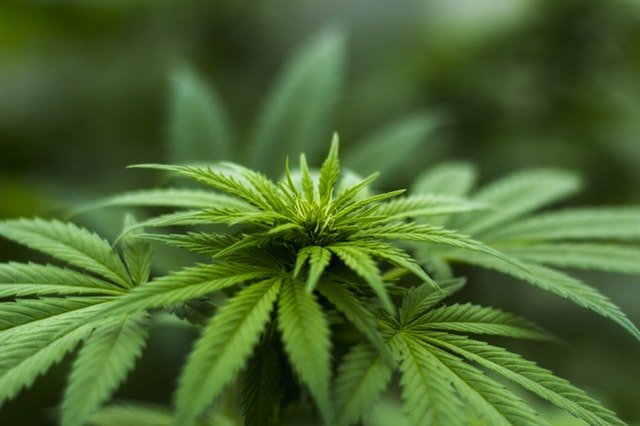
In two new studies, researchers at The University of New Mexico found that medical cannabis could help treat dozens of health symptoms with relatively minimal negative side effects.
The researchers document that patients experienced strong therapeutic benefits when they used cannabis for symptoms ranging from chronic pain to insomnia.
These studies analyzed data collected with a mobile app, Releaf App, developed by the group.
Since its release in 2016, the Releaf App has been the only publicly available, incentive-free patient educational software program designed for recording how individual cannabis usage sessions correspond to immediate changes in symptom intensity levels and experienced side effects.
In the first study, the researchers analyzed 27 different health conditions with symptoms that ranged from seizure disorders to depression.
users reported an average symptom reduction of nearly 4 points on a 1-10 scale following the consumption of cannabis in its various product forms, from concentrates to topicals.
The second study focused specifically on the use of raw natural cannabis flower, or ‘buds’ for treating insomnia, with similar degrees of effectiveness that varied according to characteristics of the flower and combustion methods.
Most prescription medications carry a long list of unavoidable negative side effects and risks of serious health concerns and even death.
Medical cannabis is rapidly gaining popularity with the largest expansions in use among older people and patients with significant health conditions.
Cannabis has been investigated as a potential treatment for a wide range of medical conditions from post-traumatic stress disorder to cancer, with the most consistent support for the treatment of chronic pain, epilepsy, and spasticity.
These studies hint at just how wide cannabis’ therapeutic potential may be.
The findings are among the first to measure how cannabis consumed by millions of people in the U.S. every day are likely to affect different types of health disturbances, both in symptom severity levels and experienced side effects.
One of the most surprising results was the breadth of symptoms that appeared to improve following cannabis consumption.
More than 94% of cannabis users reported symptom intensity reductions following self-administered cannabis use across the various health conditions.
This may be due to the ability of the plant’s phytocannabinoids to influence the human endocannabinoid system, which regulates both mental and physical health and behavioral systems.
The researchers also found that cannabis use is linked to frequent and numerous, yet generally non-serious side effects.
Positive and context-specific side effects were far more commonly reported than negative side effects.
The most frequently reported side effects are positive (relaxed, peaceful, comfy), and the least frequent side effects being negative (paranoid, confused, headache).
The findings are published in the journals Frontiers in Pharmacology and Medicines.
Copyright © 2018 Knowridge Science Report. All rights reserved.
Source: Frontiers in Pharmacology, Medicines.



